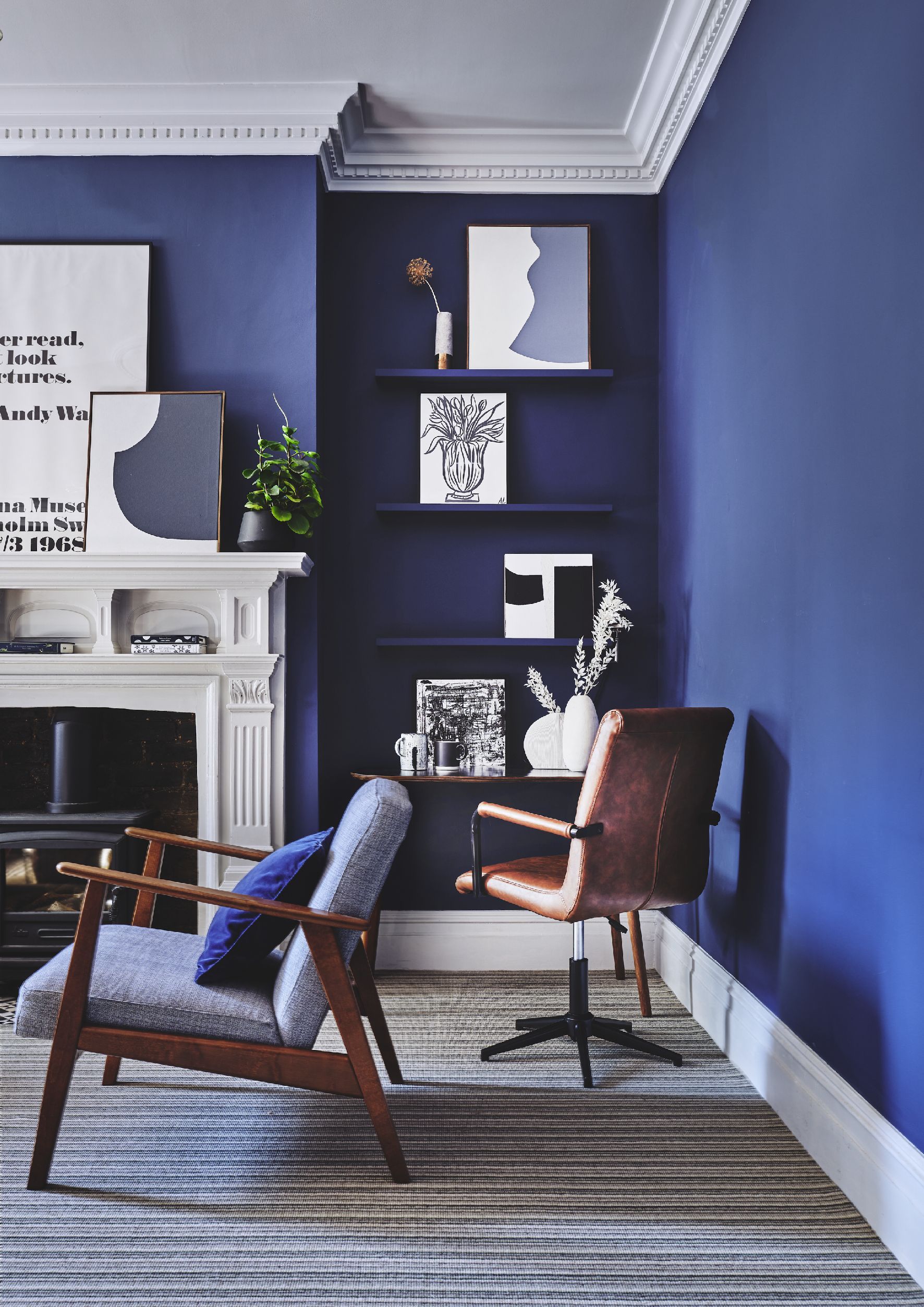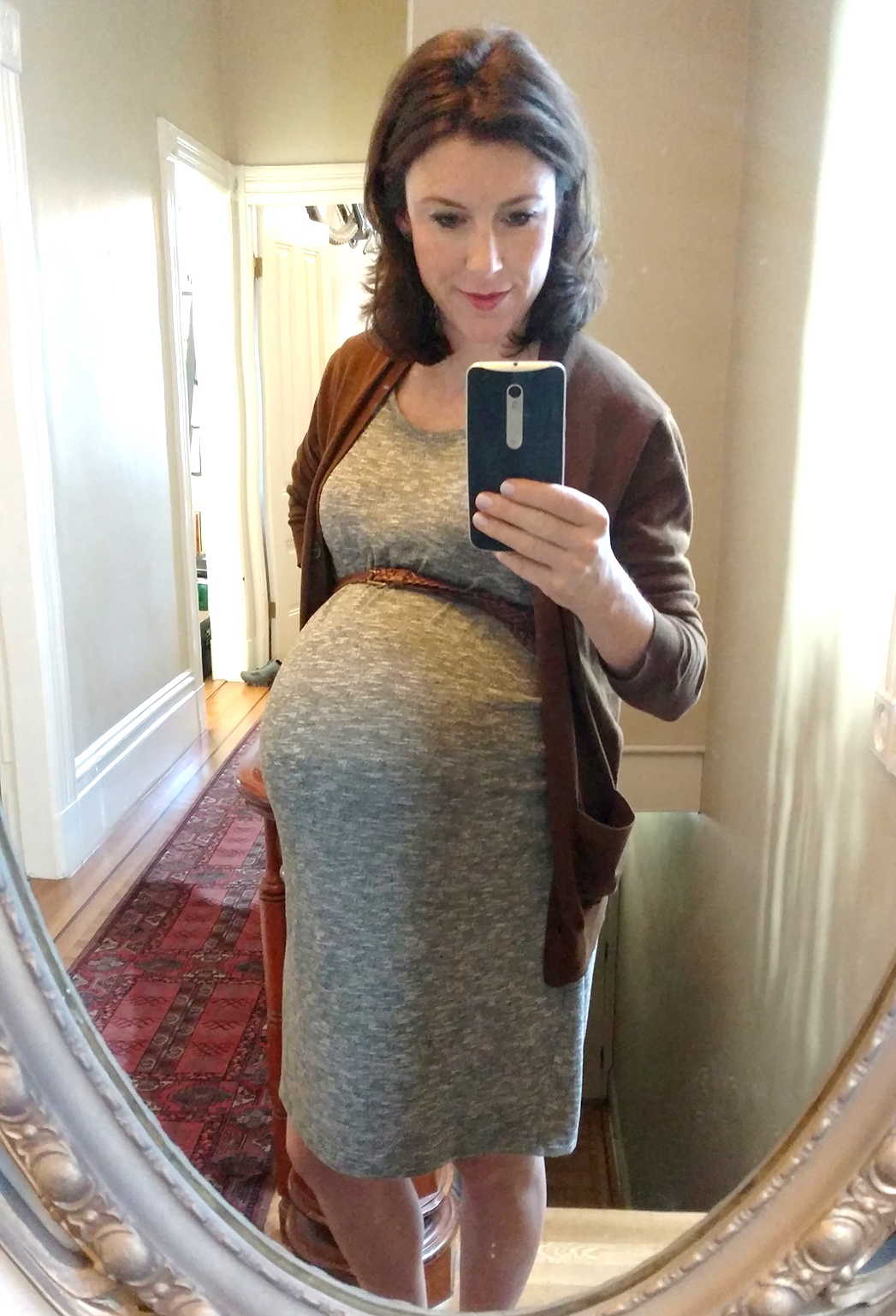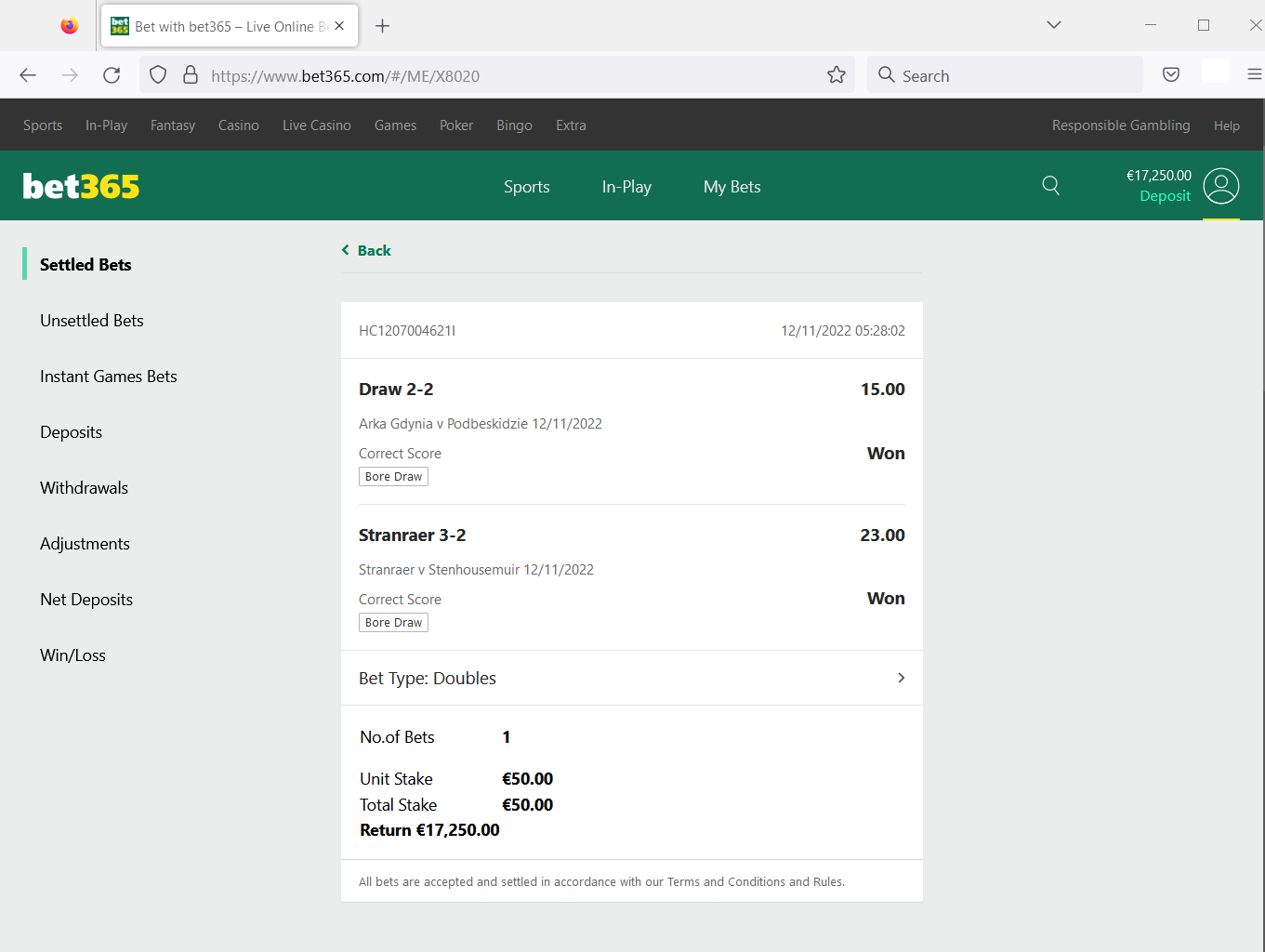When contemplating the myriad hues that paint our dreams, the color dark blue often emerges as a profound symbol steeped in rich connotations. From the serene depths of the ocean to the expansive night sky, this color holds myriad meanings across cultures and belief systems. In this exploration, we delve into the dream symbolism associated with a dark blue room, exploring its implications from psychological, spiritual, and cultural perspectives.
The essence of dark blue often encapsulates tranquility and introspection, yet it can evoke feelings of melancholy or solitude. Dreams featuring dark blue rooms can oftentimes reflect the dreamer’s inner psyche, serving as a canvas upon which emotions and thoughts are projected. Understanding these symbols requires a consideration of the psychological implications of color, which can illuminate why dark blue resonates profoundly within the subconscious.
In the realm of psychology, colors significantly affect our moods, behaviors, and thoughts. Psychologists posit that dark blue may be associated with feelings of calmness and stability, making it suitable in therapeutic environments. Conversely, excessive exposure to this shade can evoke feelings of sadness or detachment. Thus, dreaming of a dark blue room may signify a longing for peace, a period of reflection, or, alternatively, suggest an overwhelming sense of isolation. The dreamer might be navigating emotional turbulence, seeking solace in an ethereal realm adorned in tranquil hues.
Delving deeper, the notion of syllogism provides an interesting framework for understanding the nuances of dark blue rooms. Consider the premises:
- P1: Dream imagery reflects our emotional states.
- P2: Dark blue is associated with tranquility but also solitude.
- C: Therefore, dreaming of a dark blue room may indicate a search for inner peace, juxtaposed with feelings of loneliness.
This simple logical structure posits a fundamental relationship between the color and our emotional experiences. For instance, a dreamer may find themselves in a beautifully decorated dark blue room yet feel a palpable sense of isolation. This juxtaposition reveals a greater internal conflict, suggesting that, while striving for peace, the dreamer grapples with loneliness or melancholy.
Stepping beyond the psychological lens, religious perspectives often imbue colors with considerable symbolic significance. In Christianity, dark blue is frequently interpreted as a color of faith and trust. The association of blue with the heavens signifies divine protection and guidance. Thus, a dark blue room in a dream might symbolize a deep yearning for a divine connection or an assurance of God’s presence during times of distress. In this context, the dream serves as a reminder that even within periods of darkness, one is enveloped in spiritual care.
Islamic interpretations similarly view blue as a color representing peace and protection. The blues adored in mosques’ intricate tile work symbolize the infinite nature of Allah and can evoke feelings of serenity. A dark blue room, therefore, could reflect the dreamer’s desire for spiritual refuge or a deeper connection to faith. Each tile, meticulously crafted yet infinitely calming, underscores the significance of dream imagery, revealing layers of meaning related to spiritual exploration.
When we extend our analysis beyond Western belief systems, many cultures embrace dark blue as a color embodying wisdom and depth. In certain African traditions, for instance, blue signifies harmony and is tied to spiritual enlightenment. Here, a dark blue room in a dream may serve as an invitation to reflect on moral and spiritual dilemmas. The dreamer may feel compelled to confront issues requiring deeper introspection, revealing that wisdom often lies in acceptance of one’s fears and challenges.
However, while dark blue can symbolize tranquility, it can also denote loss and despair. This duality is particularly salient in dreams. The color might evoke memories of grief or bygone moments, producing feelings of nostalgia that are not easily dismissed. Longing for past connections or mourning what has been lost becomes evident for some dreamers. In this light, a dark blue room could represent a sanctuary for reflection on these feelings, encapsulating moments of loss and the subsequent healing process.
Lastly, the cultural significance of dark blue must be acknowledged as we unravel its layered meanings. In many art forms, dark blue is used to invoke feelings of introspection and self-examination. Artists utilize this color to communicate the complexities of the human experience – luz e sombra, or light and dark. Therefore, a dark blue room in a dream may symbolize an invitation to explore one’s inner depths, to sift through the layers of existence one has constructed over time.
In conclusion, the dream meaning of a dark blue room is as multifaceted as the color itself. From psychological reflections of inner peace and solitude to spiritual associations tethered to divine guidance, interpretations are often deeply personal yet universally resonant. The exploration of such dreams can illuminate the hidden facets of the self, fostering an enriching journey toward emotional understanding and spiritual enlightenment. Whether one interprets this color through the lens of religion, psychology, or personal experience, dark blue serves as a reminder of the intricate relationship between emotions, spirituality, and the subconscious mind.













